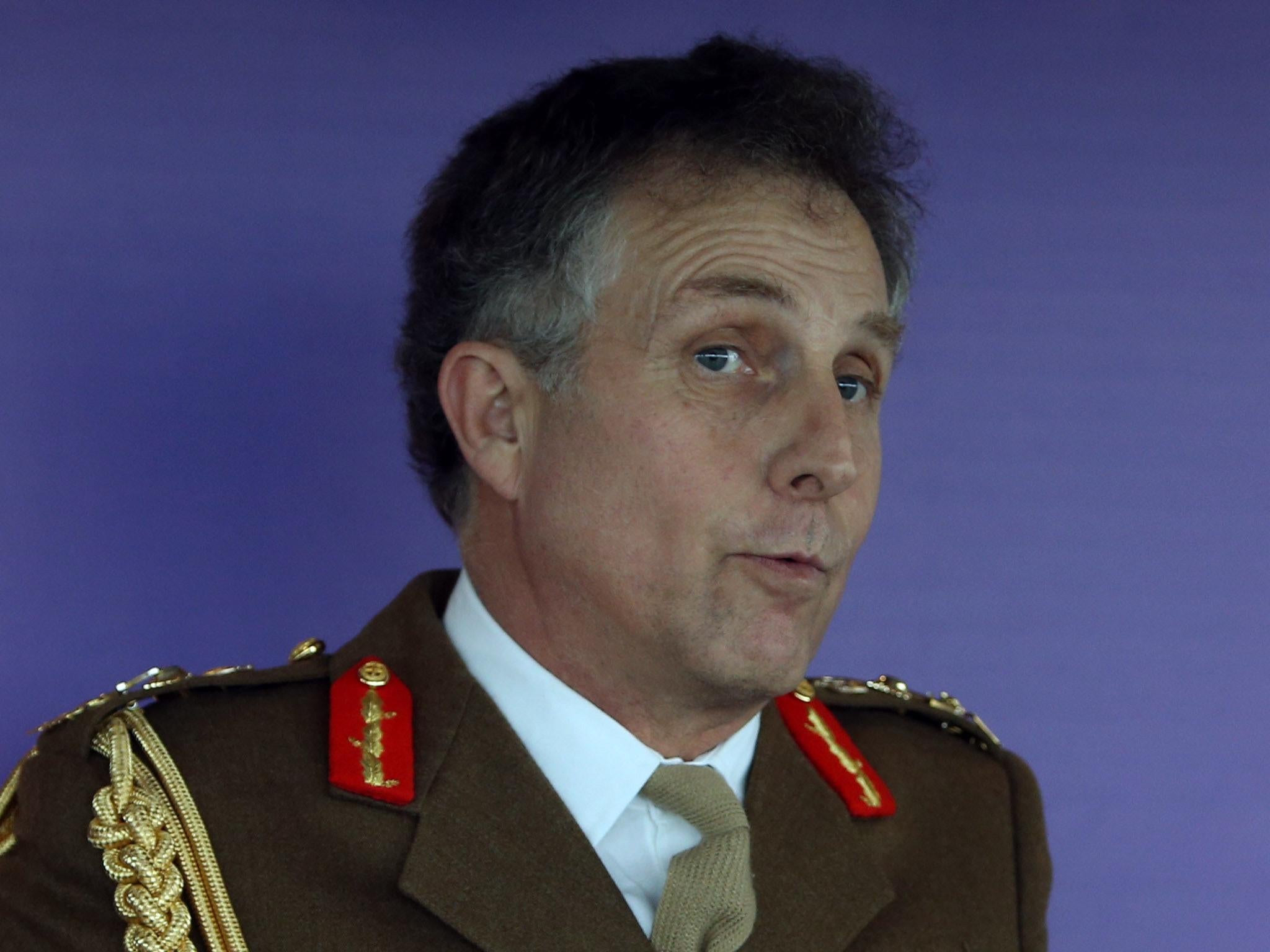Millennials are too 'self-interested' to pursue military career, says British Army chief
'They want to know what's in it for them,' General Carter says.

Your support helps us to tell the story
From reproductive rights to climate change to Big Tech, The Independent is on the ground when the story is developing. Whether it's investigating the financials of Elon Musk's pro-Trump PAC or producing our latest documentary, 'The A Word', which shines a light on the American women fighting for reproductive rights, we know how important it is to parse out the facts from the messaging.
At such a critical moment in US history, we need reporters on the ground. Your donation allows us to keep sending journalists to speak to both sides of the story.
The Independent is trusted by Americans across the entire political spectrum. And unlike many other quality news outlets, we choose not to lock Americans out of our reporting and analysis with paywalls. We believe quality journalism should be available to everyone, paid for by those who can afford it.
Your support makes all the difference.Millennials are too “self-interested” to pursue a life in the military and a greater effort must be made to recruit them, according to the head of the British Army.
General Nick Carter told a conference in London that young people born in the 1980s and 1990s were overly concerned with “instant self-gratification” and “what’s in it for them” when they chose a career, leading them to reject the military option outright.
“We are now dealing with a different generation, Generation Y, and they have a slightly different expectation of life,” General Carter said, while announcing a new collaboration between British businesses and the army. “It tends to be slightly self-interested, very committed.”
He added: “They are much more adaptable to the information age than my generation, they want to know what’s in it for them. They are looking for instant self-gratification. What we wish to do is empower every level to seize opportunities that further our cause.
"Whether you are led or whether you are a leader, leaders don't accept the status quo, they set a clear direction. They have a duty to set standards and have the moral courage to enforce them. We need help in explaining what this is all about and persuading employers that this is not a burden, it's actually a bonus."
The British Army was looking to recruit young people from production, creative areas and fashion design to the reserves to build a “portfolio of ideas”, he said.
General Carter also helped tp re-launch the Armed Forces Covenant - a hypothetical agreement first signed in 2013 between military personnel and the nation which means they forgo certain rights like free speech while in uniform.
It followed last week's launch of a new UK-wide advertising campaign by the British Army to promote “unique lasting bonds of friendship” formed in service.
It currently has 79,000 fully trained soldiers, with a target of 82,000 by 2020.
Join our commenting forum
Join thought-provoking conversations, follow other Independent readers and see their replies
Comments